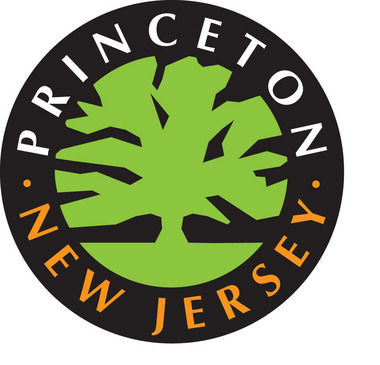By Philip Sean Curran, Staff Writer
The first batch of free, no strings-attached money to “vulnerable” Princeton homeowners is going out out this week, the fruit of the settlement between Princeton University and a group of residents who had challenged Nassau Hall’s property tax exemption.
The university said in a news release Tuesday that “about” 750 homeowners who had qualified for the state’s homestead rebate program three years ago will be getting around $2,500 “per eligible home.” In all, the university is paying $2 million this year to a “property tax relief fund” and then $1.6 million a year to the fund for the five years after that.
Residents will get a check in the mail from the Community Foundation of New Jersey, the organization administering the program, and have 90 days to deposit it, the university said. Any money left over after the distributions will go to 101: Inc., a local nonprofit that provides needs-based, college scholarships to Princeton High School graduates, the university said.
“Our purpose in bringing the lawsuit was to equalize the tax position to protect the most vulnerable home-owning families in the community, many of whom are just ordinary working people, some people who are disabled, some people who are seniors with a very small pension and who are hurt by high taxes that hit them far worse than most families in the community of Princeton,” said Bruce I. Afran, the plaintiffs’ lawyer, by phone Tuesday.
There are no strings attached to the money, so recipients can use it anyway they want.
“And these annual checks of approximately $2,500 will help them pay their taxes or take care of vital repairs to keep them in the community,” he said. “And our goal was to settle this case to protect these most vulnerable families.”
Afran said the check is seen as a “charitable gift” but said recipients “should speak to their tax preparer if they want to.”
“The gift exemption is $14,400 for every person,” Afran said, “so there’s no danger of people owing taxes.”

